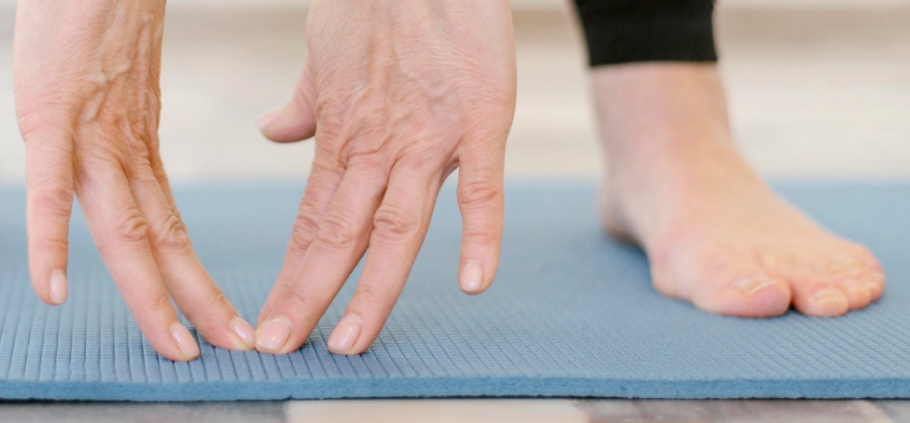

Tai Chi. A Path to Balance and Health at Every Stage of Life
Health and balance
Tai Chi: A Path to Balance and Well-Being at Every Stage of Life
Tai Chi, the ancient Chinese art that combines slow, mindful movements with deep breathing, has long been recognized for its benefits to both physical and mental health. Research confirms that Tai Chi is a safe and effective way to improve quality of life for people of all ages, including those living with serious conditions such as stroke and Parkinson’s disease.
The Benefits of Tai Chi for Different Age Groups
-
Up to 19 Years Old
Starting Tai Chi at an early age supports better physical coordination and emotional resilience. The movements teach children focus and self-control, which are valuable for learning and social interaction. -
Ages 20–44
For young professionals who often lead sedentary lifestyles and experience high levels of stress, Tai Chi offers a way to improve posture and circulation. It’s also an excellent method to relieve tension, maintain flexibility, and prevent early signs of health issues related to desk work.- Improves coordination and balance through slow, mindful movement.
- Gently stretches muscles, helping prevent issues caused by inactivity.
- Stimulates blood circulation, including in the pelvic area — especially important for people who sit a lot.
- Reduces stress and anxiety thanks to deep breathing and meditative elements.
-
Ages 45–64
In midlife, people often face increased responsibilities at work and at home, which can lead to stress and declining health. Tai Chi offers several benefits:- Improved cardiovascular health: enhances blood flow and heart rhythm, supporting heart disease prevention.
- Stress reduction: breathing techniques and meditation help improve emotional well-being.
- Maintaining mobility and flexibility: strengthens muscles and supports joint health.
-
Age 65 and Older
For older adults, Tai Chi is especially valuable as it helps maintain both physical and mental activity:- Fall prevention: improves balance and coordination, reducing the risk of injury.
- Cognitive support: enhances memory and slows age-related mental decline.
- Social connection: group practice fosters interaction and reduces loneliness.
Scientific Evidence of Tai Chi’s Safety and Effectiveness
Numerous studies confirm the safety and health benefits of Tai Chi. A systematic review found that Tai Chi significantly reduces fall rates in patients with Parkinson’s disease and those recovering from strokes. It has also been shown to enhance balance and mobility in older adults, supporting their independence and reducing the risk of injury.
These findings highlight that starting Tai Chi as early as possible can help preserve long-term health. It not only aids recovery from illness but also prevents many age-related problems — from chronic conditions to cognitive decline.




